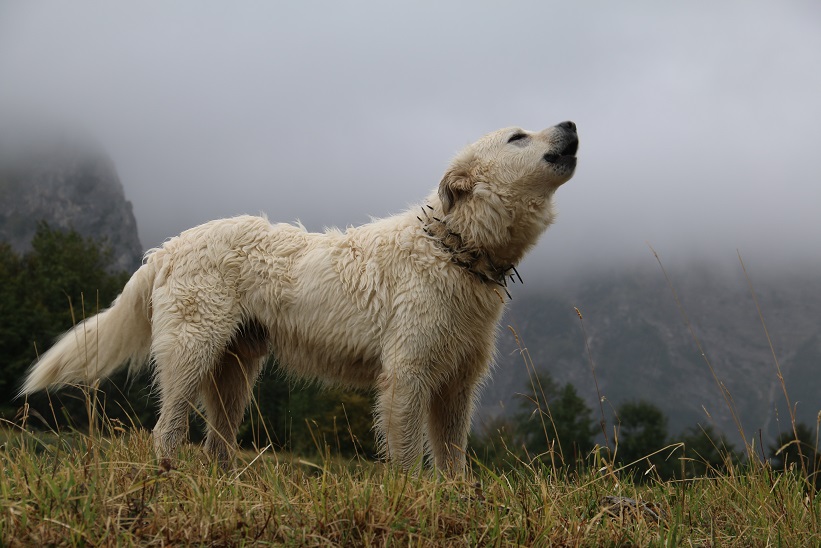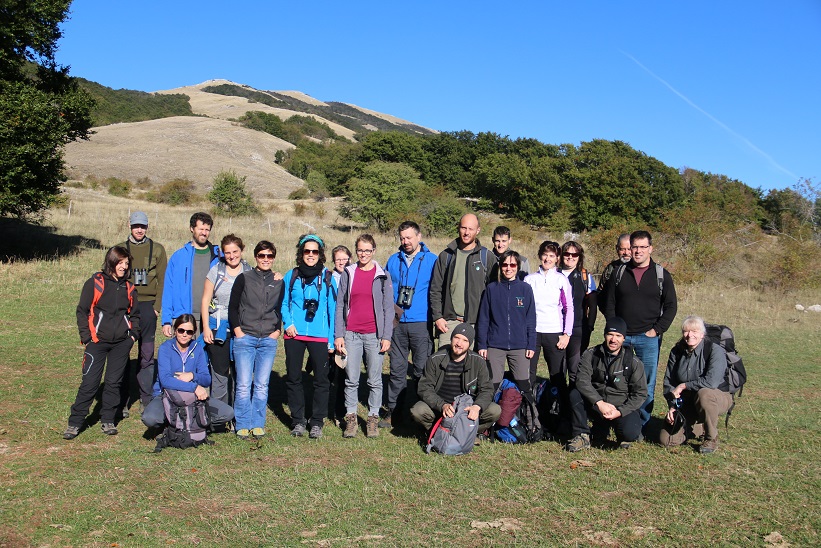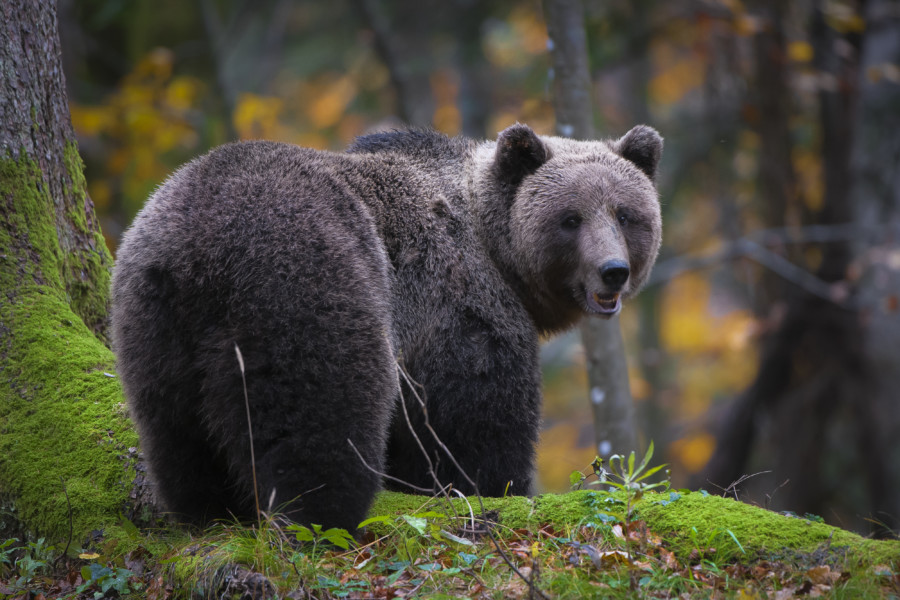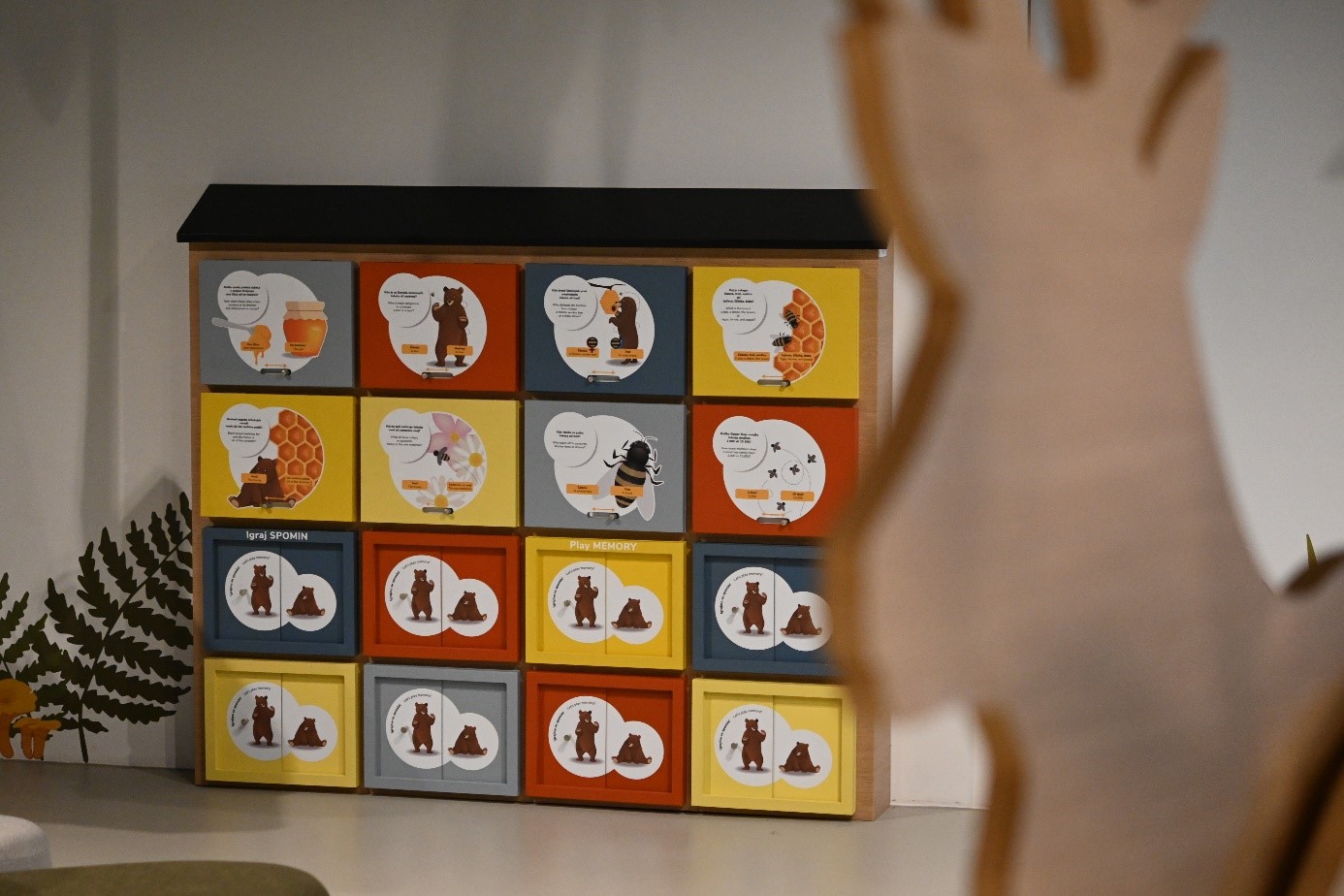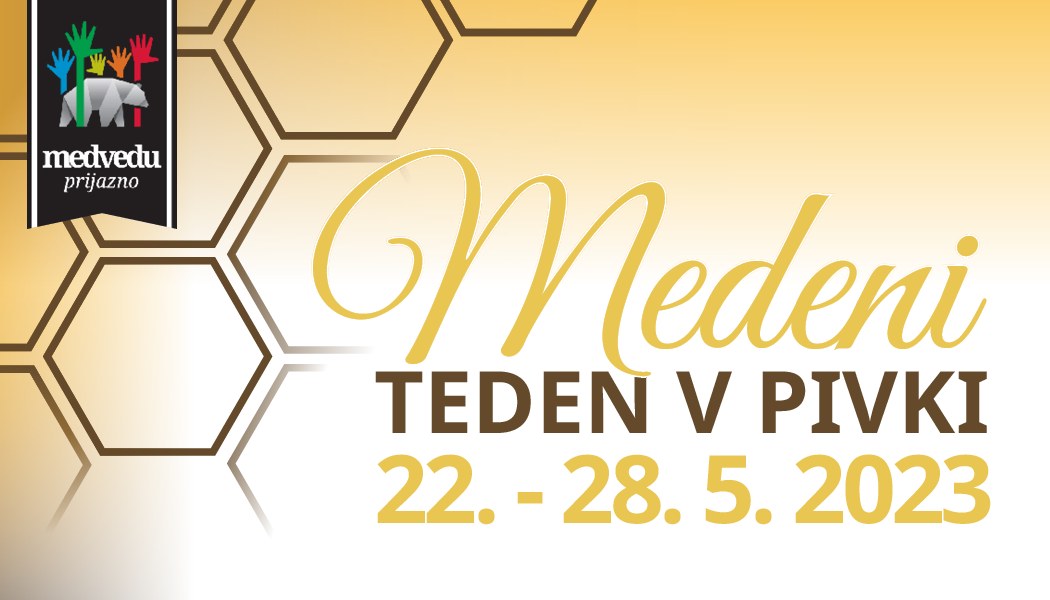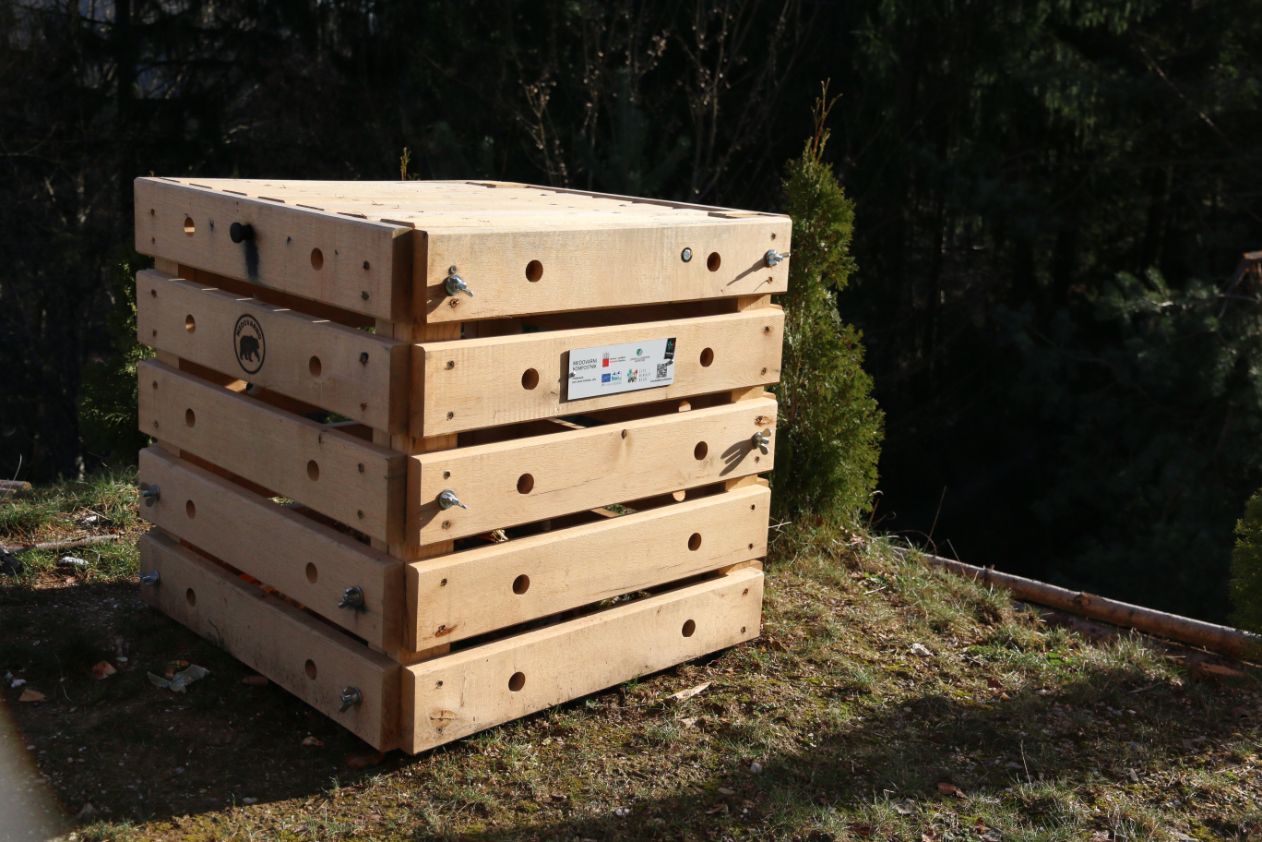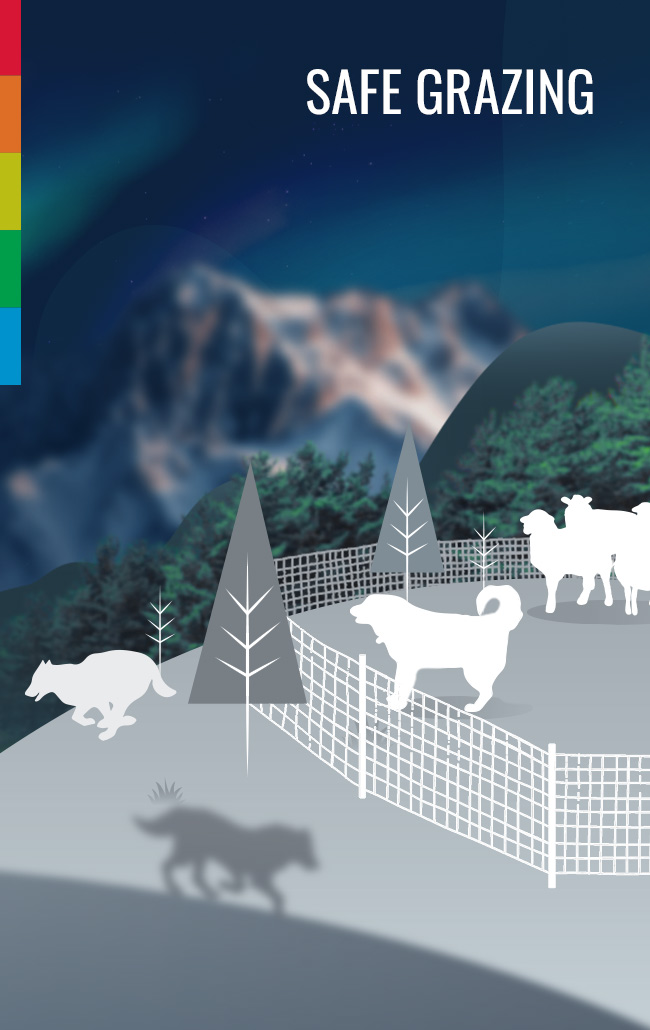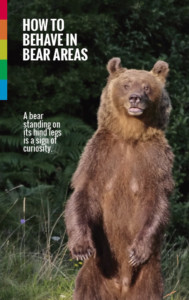In September, project partners from Croatia, Italy, and Slovenia took a networking trip to two National Parks in Italy: “Gran Sasso e Monti della Laga” National Park and “Abruzzo, Lazio e Molise” National Park. We were guests of expert and scientific teams of both Parks, which have a considerable amount of experience, both with large carnivore conservation, research, and management, and LIFE projects implementation.
In the beautiful mountainous landscape of the Apennines, we had a wonderful opportunity to get to know in details their stories and experience, local issues, stakeholder participation, and their LIFE projects implementation process and results. We could share our own experience in large carnivore conservation and management, while getting a precious insight into their way of solving similar issues; be it through discussions, presentations, field demonstrations, meetings with stakeholders, or excursions to study areas and implementation sites.
For example, we were acquainted with the process of implementing LIFE EX-TRA, LIFE+ Praterie, LIFE+ Mirco Lupo, LIFE Arctos, LIFE Coornata, and others, we visited pastures, subject to prevention measures, and farmers, who suffered some large carnivore attacks on sheep and cattle, and who dealt with it by using fences and livestock guarding dogs. We got familiar with the Parks’ wildlife monitoring methods and research on human dimensions in large carnivores’ conservation. We were acquainted with the conservation status and history of the Apennine population of brown bear (Ursus arctos marsicanus) and discussed its monitoring methods, human dimension challenges and talked to the park rangers and livestock farmers on the matter.
We provided our hosts also with the LIFE DINALP BEAR informative and popular material. Besides, we were very happy to receive a warm welcome also by the Parks’ Directors and Presidents, who expressed their enthusiasm to embrace this exchange as a base stone for our future collaboration and an opportunity to build a long-term expert cooperation in large carnivore conservation and management. We are looking forward to welcome their research teams in the Dinaric mountains and the Alps anytime.



